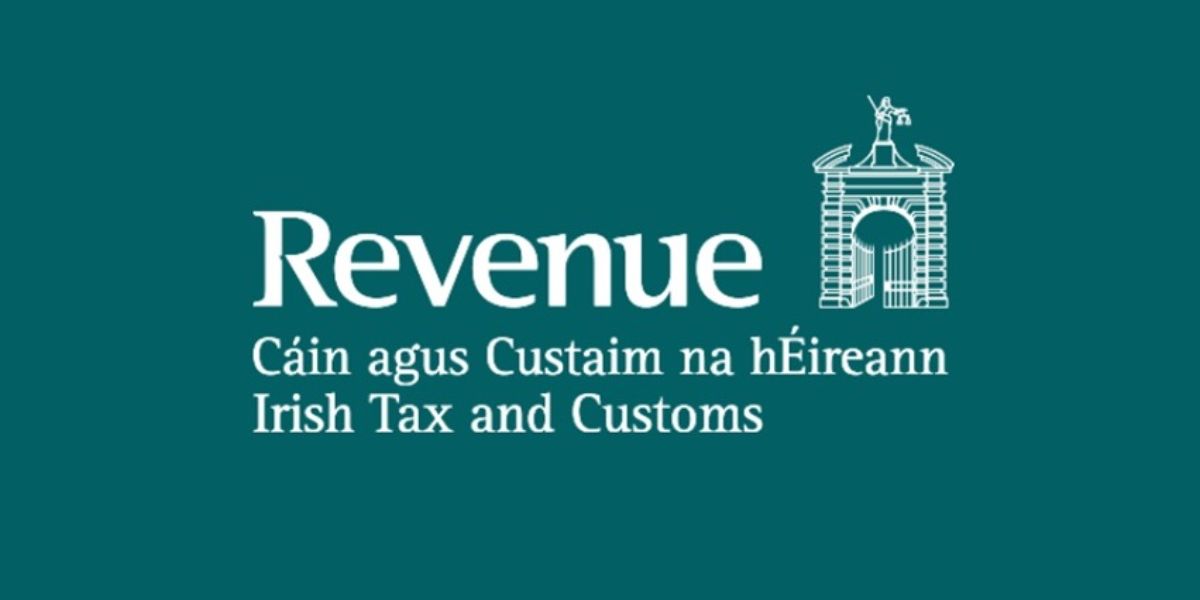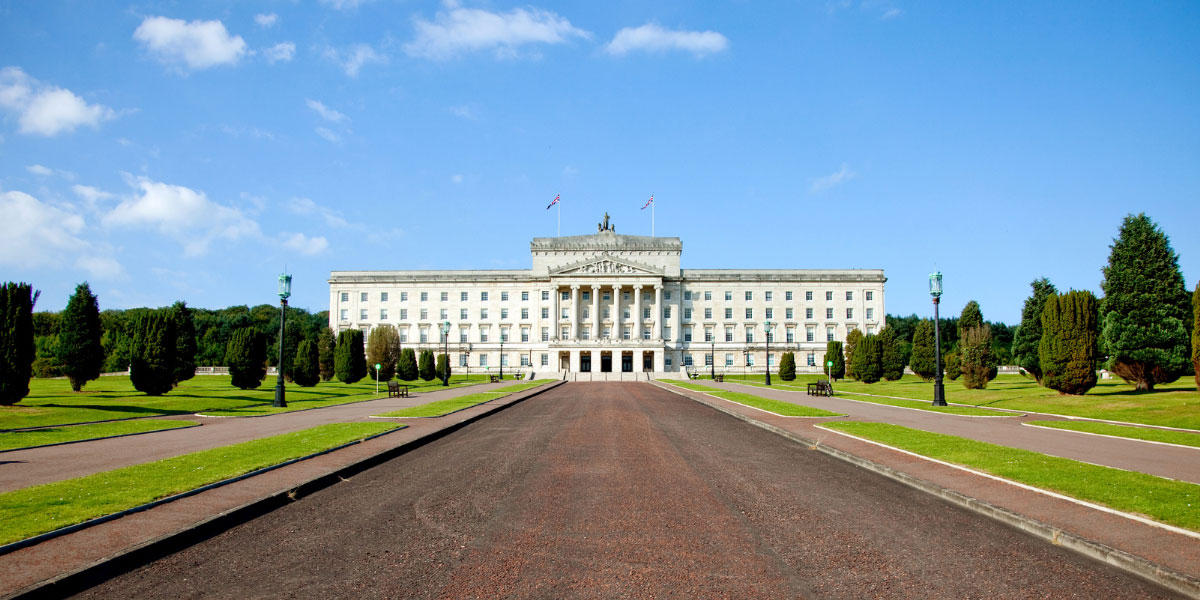On 5 May 2022 the IMF released a report following consultations with Ireland under Article IV of the IMF’s articles of agreement.
Ireland’s economic growth reached 13.5% in 2021 but there are downside risks from the increase in energy and commodity prices. Growth is projected to slow to 6% in 2022 and 5% in 2023. In the medium-term economic growth is projected to stabilise at 3%. Further downside risks could arise from supply chain disruptions, declining confidence, reduced demand and possible problems for the financial sector arising from the sanctions. The implementation of Brexit could cause further difficulties.
Support for households and businesses to lessen the impact of energy price increases has been maintained owing to strong tax revenue collection. Further support needs to be carefully targeted to vulnerable groups in society.
Ireland’s medium term fiscal strategy is to support investment and ensure fiscal sustainability. The report notes that this is important in view of the high level of government debt and the remaining uncertainties surrounding the future international tax rules. The IMF considers that there is room for more government spending to enhance growth and promote the green economy, focusing on education, training, health and infrastructure to increase domestic productivity.
Tax measures
Owing to the uncertainty around international tax and the demographic trends in Ireland, the tax base needs to be broadened. The preferential value added tax (VAT) rates should be eliminated and property tax rates should be increased from their current low level. While the international tax rules remain uncertain, projections of future corporate income tax revenue should be done cautiously.
Labour market
Government policy must aim to reduce labour shortages and skills mismatches. There are labour shortages in construction and multinational enterprise sectors; and contact-intensive sectors have not fully recovered from the crisis during the pandemic. Policies should aim to reallocate labour between sectors by further training and better childcare programs. Ireland’s Economic Recovery Plan aims to improve access to training and increase the number of people in apprenticeships.
Carbon tax
The report notes that Ireland has taken steps to achieve its climate goals, including a carbon tax path that will reach EUR 100 per ton by 2030, and planned increases in investment in renewable energy, energy-efficient housing and low-emission transport. Ireland’s plan under the EU’s National Recovery and Resilience facility also includes environmental measures such as investment in railways. The introduction of a sector-specific carbon budget is a further step forward and measures should be phased in to reach the climate targets.















